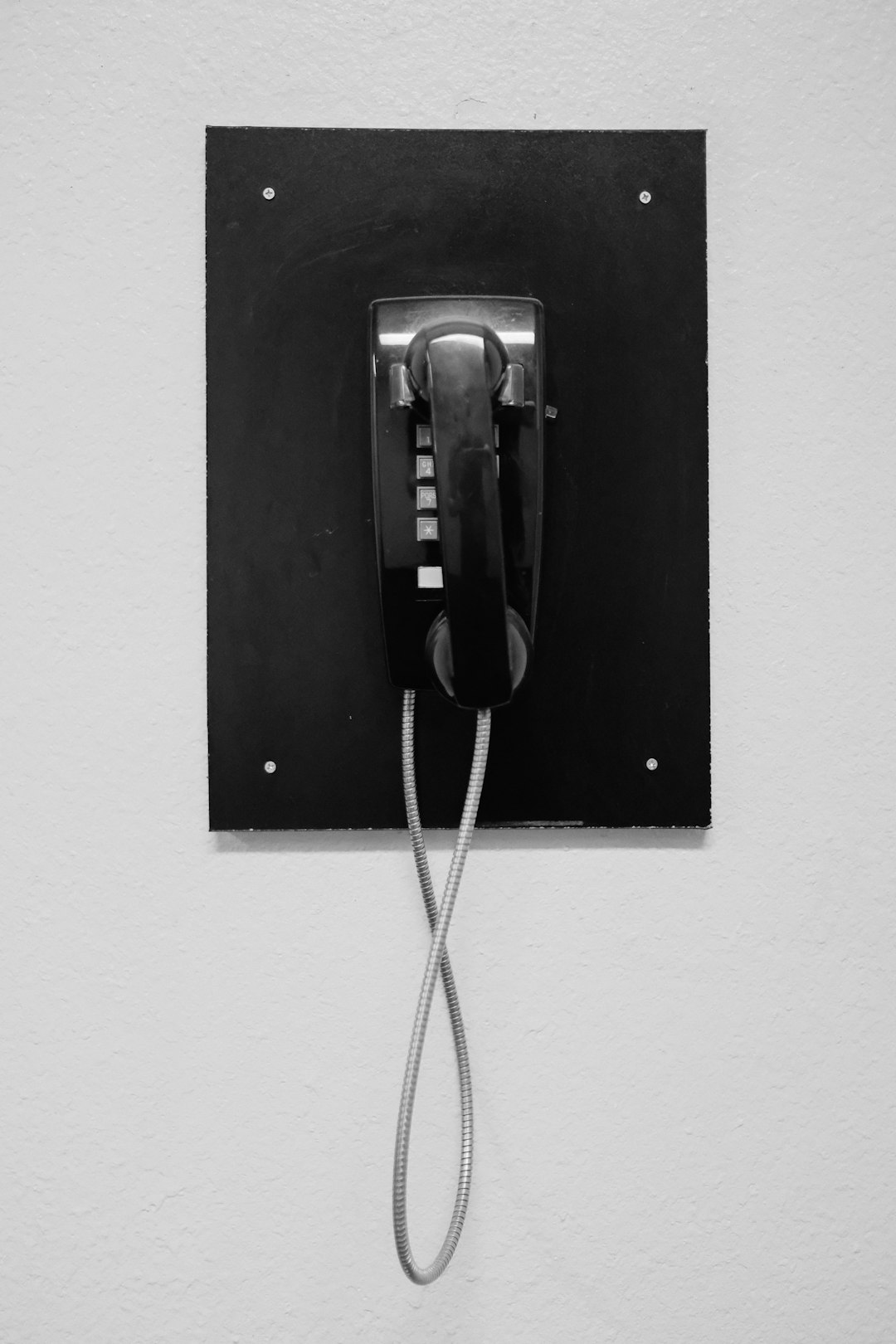Minnesota's strict Spam Call law firm regulations protect residents from intrusive text messages by setting clear consent rules, providing opt-out options, and imposing heavy fines on violators. Both consumers and businesses must understand these rules to ensure compliance, avoid legal repercussions, and maintain a secure digital experience free from unwanted spam texts, especially as the Telephone Consumer Protection Act (TCPA) heavily penalizes violations, with up to $1,500 per text for willful offenses.
“Navigating the complex landscape of spam text laws in Minnesota is essential for businesses aiming to protect themselves from legal repercussions and maintain consumer trust. This comprehensive guide, ‘Spam Call Law Firm Minnesota’, breaks down the state’s stringent regulations. From understanding the scope of the law, identifying perpetrators, and exploring penalties, to key exemptions and practical compliance steps, this article equips readers with vital knowledge. By adhering to these guidelines, businesses can ensure they remain within legal boundaries, fostering a harmonious relationship with Minnesota’s consumers.”
Understanding Spam Text Laws in Minnesota: An Overview

In Minnesota, spam text laws are designed to protect residents from unwanted and fraudulent text messages. The state has implemented specific regulations to curb the prevalence of spam calls, which can often be intrusive and misleading. These laws are essential in maintaining a peaceful and secure communication environment for all Minnesotans.
The Spam Call law firm Minnesota refers to the legal framework that addresses these issues. It involves strict guidelines on consent, opt-out options, and penalties for violators. Understanding these laws is crucial for both consumers and businesses to ensure compliance and avoid potential legal consequences. By knowing their rights and responsibilities, individuals can take proactive measures to protect themselves from spam texts and maintain a harmonious digital communication experience.
Who Does the Law Apply To and What Are the Penalties?

The spam text law in Minnesota, also known as the Telephone Consumer Protection Act (TCPA), applies to a wide range of entities and individuals involved in telemarketing activities. This includes not just call centers and businesses but also lawyers and law firms that engage in automated or prerecorded phone calls or texts to promote their services. The law is designed to protect consumers from unwanted and deceptive communication, ensuring they have control over how they receive marketing messages.
Penalties for violating the spam text law can be severe. Individuals and companies found guilty of sending unsolicited texts can face substantial fines, with each violation potentially resulting in $500 or more in damages per call. If the violations are willful or knowing, the penalties increase significantly, reaching up to $1,500 per violative call. These strict penalties serve as a deterrent against spamming and emphasize the importance of compliance for law firms operating under this jurisdiction.
Protecting Consumers: Key Provisions and Exemptions

In Minnesota, the fight against spam texts has significant legal implications designed to protect consumers from unwanted and deceptive messaging. The state’s Spam Call law firm plays a crucial role in ensuring that residents are not subjected to nuisance calls or messages promoting fraudulent schemes. Key provisions of these laws include restrictions on automated dialing systems, requirements for sender identification, and rules governing consent.
However, the legislation also includes exemptions that allow certain types of communications to proceed. For instance, notifications from financial institutions, emergency alerts, and messages from government agencies are generally exempt. Understanding these exemptions is vital for both consumers and businesses to ensure compliance without inadvertently hindering important communications.
How to Comply with Minnesota's Spam Text Laws: Practical Steps for Businesses

To comply with Minnesota’s strict spam text laws, businesses should take several practical steps. Firstly, ensure your company has a clear and comprehensive anti-spam policy in place, outlining specific procedures for obtaining consumer consent before sending any automated texts. This policy should be communicated to all employees who may engage in such communications.
Additionally, implement robust opt-out mechanisms within your text message campaigns. Allow recipients to easily stop receiving messages by providing clear instructions in each text, and ensure your system honors these requests promptly. Regularly audit your contact lists to maintain accurate records and remove any numbers that have opted out. Engaging in these practices will help your business navigate Minnesota’s spam call law firm requirements effectively and avoid potential legal issues.






